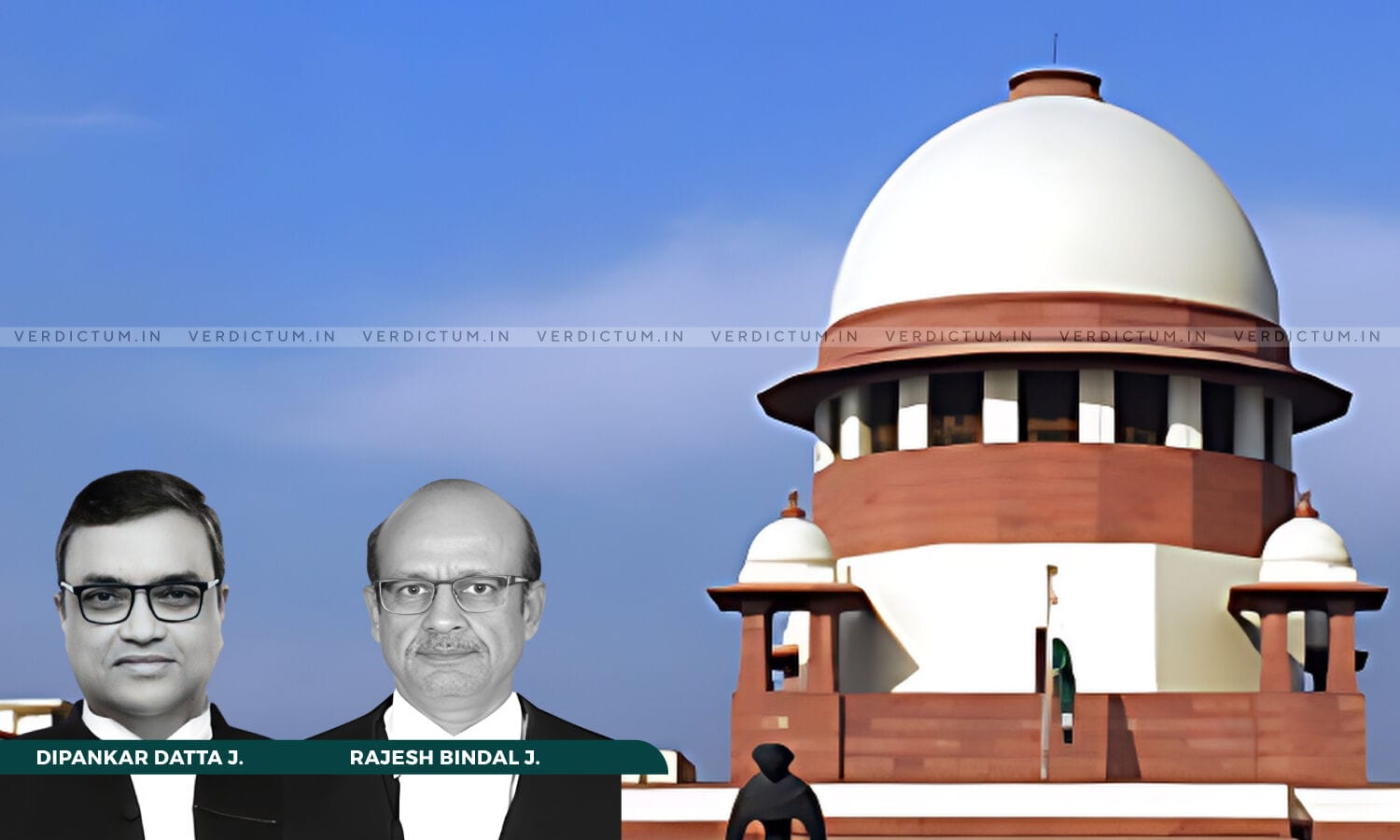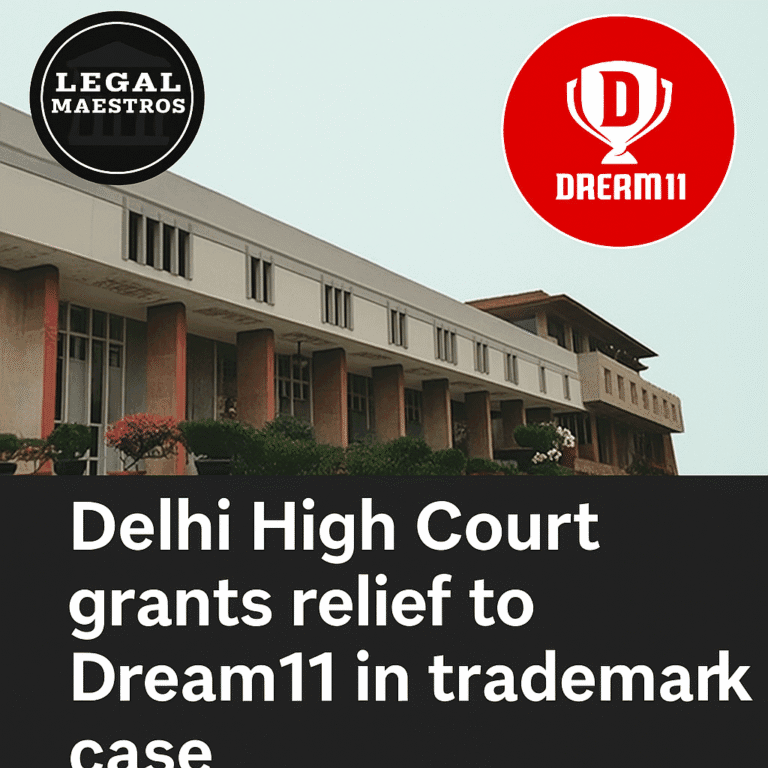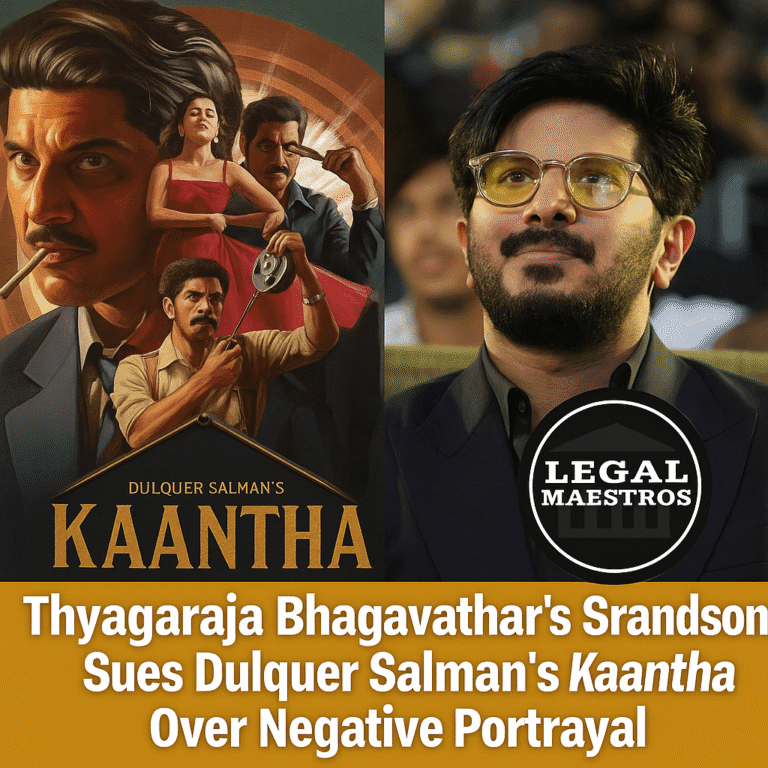
Supreme Court Bench of Justices Rajesh Bindal and N. Kotiswar Singh Upholds Validity of 1967 Gift Deed, Rejects Retrospective Application of Benami Law
Introduction
In *Sri Prasanta Kumar Pal & Ors. v. State of West Bengal & Ors.* the Supreme Court of India resolved a long-standing land conflict in a historic ruling issued on April 8, 2025. The main point of contention was the West Bengal Land Reforms Act, 1955’s retroactive modification applicability. The ruling answered the issue of whether a sincere registered gift deed performed decades ago might thereafter be labeled a benami transaction due of retroactive legislative changes and explained the extent of the authorities under Section 14T(5). The events, clauses implicated, important legal questions, and Supreme Court reasoning taken under close examination in this essay.
Facts of the Case
The argument started with a donation deed signed by one Iswar Chandra Pal on December 7, 1967. He gave his sons and daughters 20.8½ acres of agricultural property. May 26, 1969 saw the official revenue records note this movement. He still had a good amount of land personally during that period. Under the West Bengal Land Reforms Act, 1955, the government took over 8.80 acres of land designated surplus based on the landholding post-gift. In 1975 Iswar Chandra Pal died away.
Years later, following the second and third Amendments to the West Bengal Land Reforms Act coming into effect in 1969 and 1989 respectively, fresh processes under Section 14T(3) underread with Sections 14M and 14S to review the landholding. Procedures under Section 14T(5), together with Sections 14T(8) and 14T(9), came next to investigate whether the 1967 gift deed constituted a benami transaction. The Revenue Officer declared in 1997 that the donation deed was benami, which redetermined the extra land. Consequently, the family declared just 8.65 acres as retainable and 17.90 acres as surplus.
For any queries or to publish an article or post or advertisement on our platform, do call at +91 6377460764 or email us at contact@legalmaestros.com.
The heirs of Iswar Chandra Pal contested the order, which set off an extended legal trip via the Appellate Authority, Tribunal, High Court, and lastly the Supreme Court.
For More Updates & Regular Notes Join Our Whats App Group (https://chat.whatsapp.com/DkucckgAEJbCtXwXr2yIt0) and Telegram Group ( https://t.me/legalmaestroeducators )
Law’s Involving Provisions
Another important legal question was whether, given the 1989 change, which came into effect almost two decades later, the 1967 donation deed might be retrospectively regarded benami. Often used to evade tax or legal restrictions on property ownership, the idea of “benami transactions” describes property owned in the name of one person but really belonging to another.
For any queries or to publish an article or post or advertisement on our platform, do call at +91 6377460764 or email us at contact@legalmaestros.com.
Key Legal Concerns Answered by the Supreme Court
The most important question before the Court was whether, given changes adopted in 1989, the 1967 transaction might be considered benami. Section 14T(5) the State claimed provided the Revenue Officer authority to reopen past transactions retroactively. They cited earlier decisions by the Calcutta High Court in *Mrinal Kanti Pal vs. State of West Bengal*, which maintained Section 14T(5)’s retroactive application.
The appellants argued, however, that it was unfair and ridiculous to apply a statute backwards to erase a lawful, registered gift deed. They claimed that the deed was real, carried out under no benami-related limitation, and properly entered revenue records in 1969. They also said that at the time nobody could have predicted a need to change landholding arrangements to follow new rules.
Report and Interpretation of the Supreme Court
The arguments of the appellants had substance, the Supreme Court said. It decided that the High Court erred in rejecting the Land Reforms Tribunal’s decision declaring the gift deed to be legitimate. Emphasizing that the gift deed was a lawful, registered transaction completed in 1967 and deposited into the revenue records in 1969, well before the 1989 change, the Court stressed
For any queries or to publish an article or post or advertisement on our platform, do call at +91 6377460764 or email us at contact@legalmaestros.com.
The Court pointed out that it was illogical to declare such a transaction benami two decades ago. It clarified that benami regulations were intended to stop dishonest transactions meant to evade land ceiling restrictions. In this case, though, Iswar Chandra Pal still possessed enough land—8.80 acres—to be labeled surplus even after making the gifts. This proved there was no intention to evade the ceiling restrictions or mislead the law.
The Court underlined that retroactive laws could compromise accepted rights and legitimate transactions conducted in good faith if their interpretation was too wide. The justices noted that it would be absurd to suppose that in 1967 someone would have expected a 1989 revision and organized their belongings in line with this.
At last, the Court restored the Tribunal’s January 11, 2019 ruling, which had maintained the gift deed as authentic rather than benami. It put aside the September 8, 2021 High Court ruling that had instructed a fresh review of the matter.
For any queries or to publish an article or post or advertisement on our platform, do call at +91 6377460764 or email us at contact@legalmaestros.com.
This ruling is important since it supports the idea that retroactive rules have to be used carefully, particularly in relation to legally legitimate historical transactions and property rights. The Supreme Court has made clear that a sincere gift deed carried out decades before any retroactive laws cannot be readily undone. It also underlined the narrow extent of suo motu powers under Section 14T(5), therefore stressing the need of avoiding using such powers to disrupt lawful activities.


![JOB POST: Junior Associate at ASM Law Chambers, Jaipur [Freshers]](https://legalmaestros.com/wp-content/uploads/2025/11/Gemini_Generated_Image_8wrxer8wrxer8wrx-768x708.png)



1 thought on “Supreme Court Bench of Justices Rajesh Bindal and N. Kotiswar Singh Upholds Validity of 1967 Gift Deed, Rejects Retrospective Application of Benami Law”